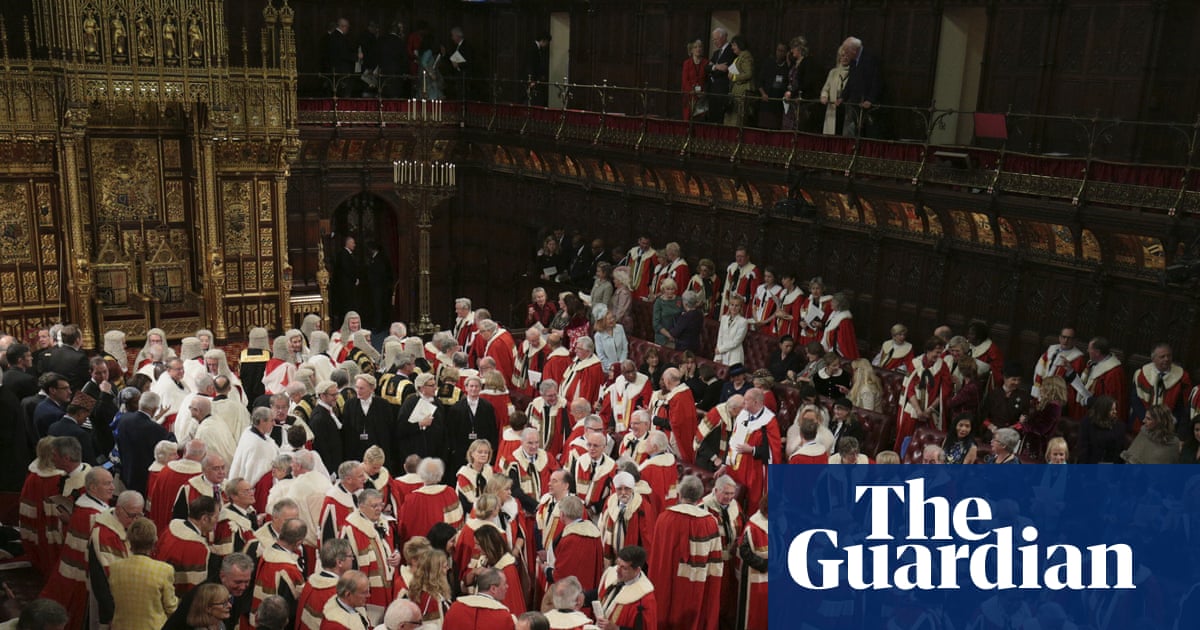
"Unelected influence has surged over the past two decades, the report claims, driven by the growing political clout of the ultra-rich and the institutions that enable it. Our new Concentration of Power Index shows that wealth concentration aligns with power, said Priya Sahni-Nicholas, the co-executive director of the trust. Our index rises almost exactly in step with increases in the top 1% share of wealth. This correlation is strong and statistically significant."
"The study Money, Media and Lords: How the Ultra-Rich are Shaping Britain argues that unelected power in Britain has risen sharply at the same time as an increasing amount of money is spent on political access and influence. These trends move in lockstep with wealth concentration at the top and are increasingly embedded within the country's political and media systems, said Sahni-Nicholas."
"It comes the week after seven peers in the House of Lords behaved in a way critics said was all but unconstitutional by in effect blocking a bill passed by House of Commons after years of public debate. The Guardian's own analysis has also found that one in 10 peers were paid for political advice in the 2019 to 2024 parliament."
Unelected influence in Britain has surged over two decades as the ultra-rich gain political clout and enabling institutions expand. A Concentration of Power Index closely mirrors increases in the top 1% share of wealth, showing a strong statistical correlation. Unelected membership of the House of Lords rose from 676 to 803 over 20 years. Political donations above £250,000 increased from £7.6m to more than £47m in the same period. Media ownership by the three largest news conglomerates grew from about 71% to roughly 90%, creating entrenched conduits for unelected power through appointments, donations and media concentration.
Read at www.theguardian.com
Unable to calculate read time
Collection
[
|
...
]